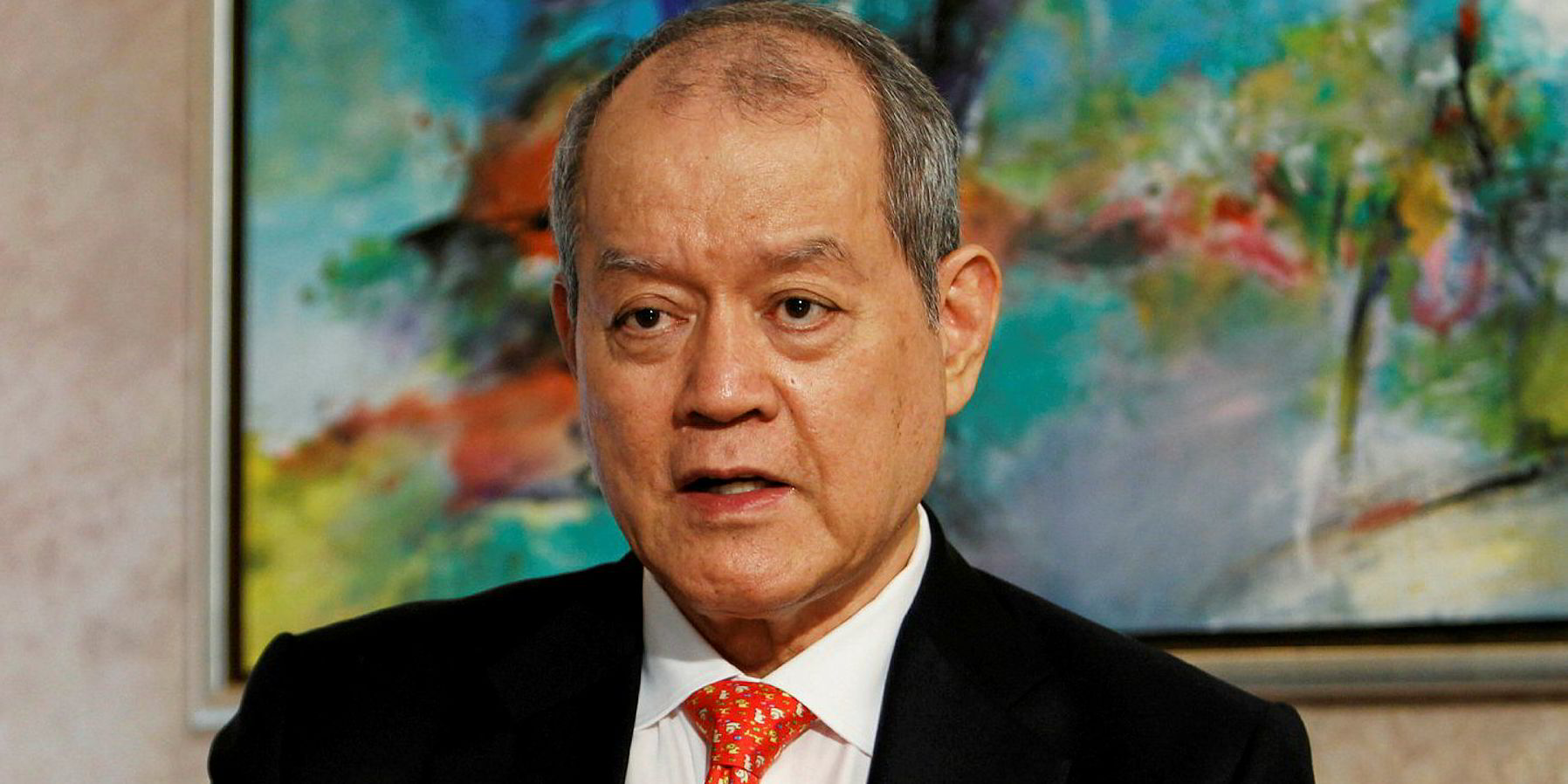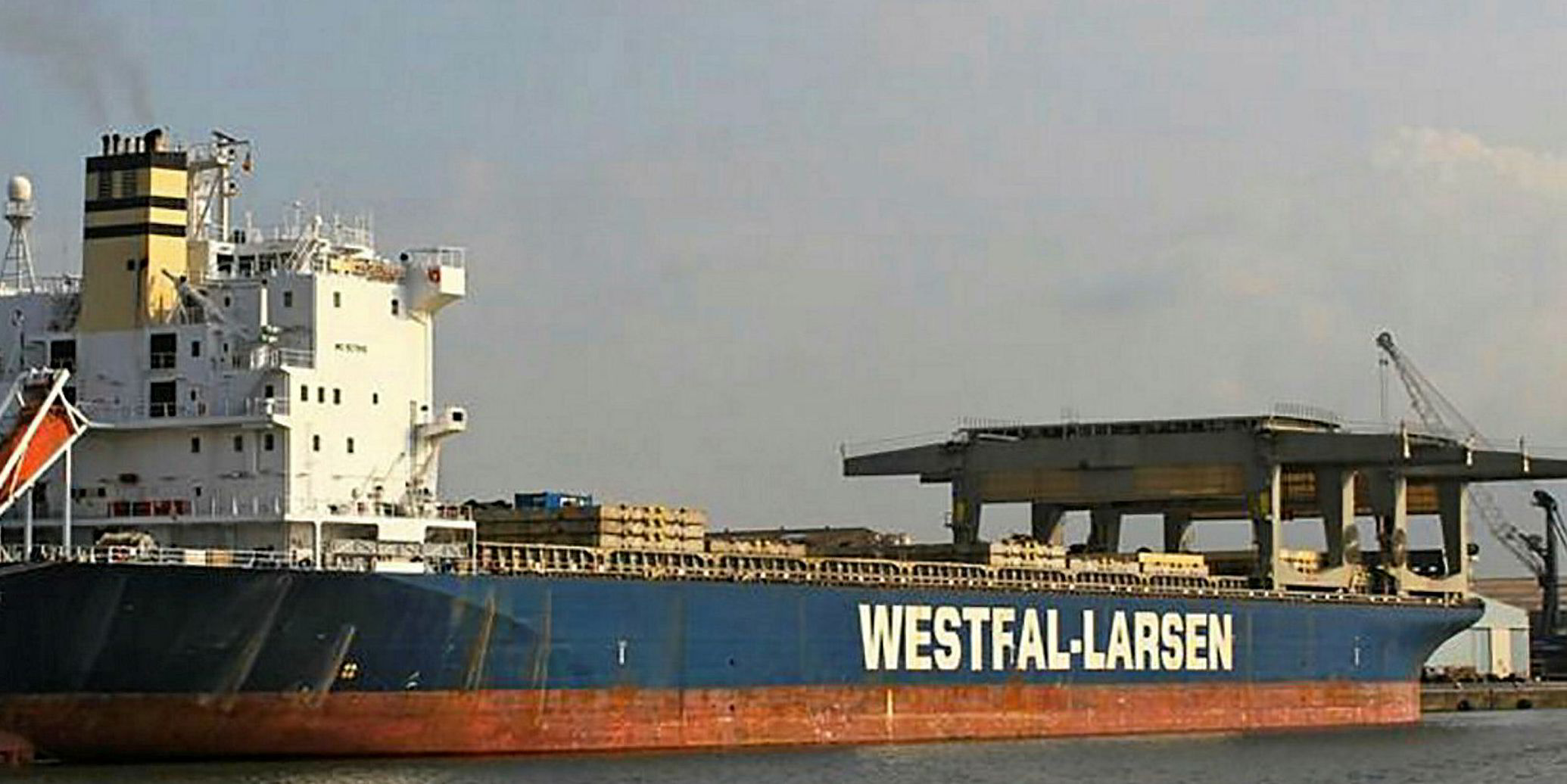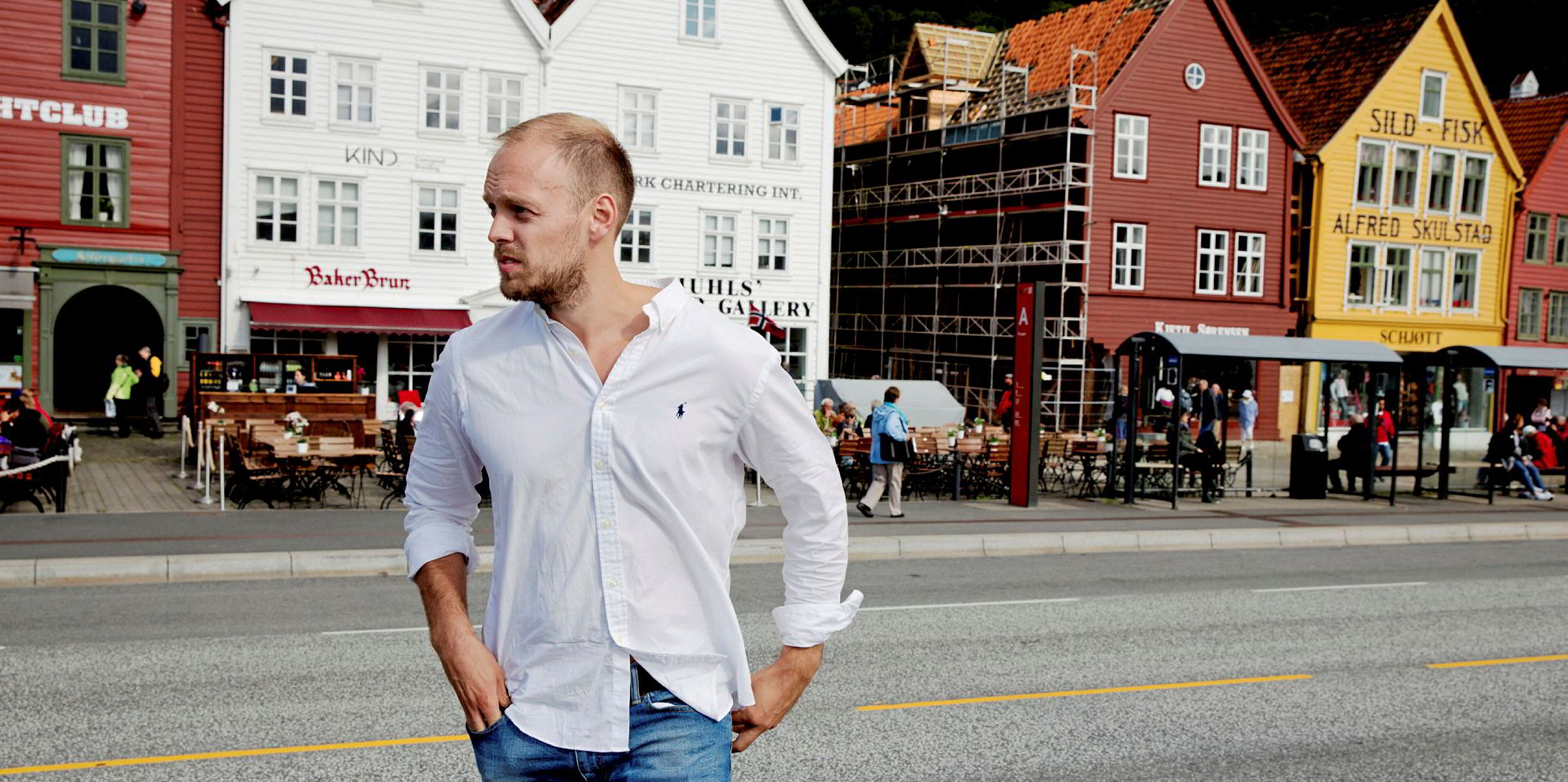Norway's Stolt-Nielsen has fixed more of its chemical tankers on longer-term deals as it sees a tough third quarter ahead.
The Oslo-listed chemical group remained profitable in the second quarter, despite coronavirus headwinds, however.
Net earnings to 31 May were $3m, down from $3.5m a year ago, as revenue contracted to just under $504m from $518m.
Chief executive Niels Stolt-Nielsen said the financial impact of the pandemic had been "relatively modest" for the company so far.
"That said, we are seeing indications that the third quarter will be more challenging," he added.
The CEO said overall tanker volumes improved in the second quarter, driven mainly by strength in deep-sea shipments, reflecting less MR tonnage operating in the chemical trade.
Results were also positively impacted by lower fuel costs and more operating days.
"The outlook is difficult to predict and highly uncertain," he added.
"While we enjoyed a stronger chemical tanker market in the second quarter, we expect the third quarter to be more challenging due to the combination of a weaker MR market and a slowing economy."
Contract cover boosted
He said that the company has taken steps to protect its revenue by boosting contract coverage at higher rates, as a way to counter the impact of a possible slowdown.
The company has also taken "extensive actions" to reduce costs and shore up its liquidity position, it said.
Stolt-Nielsen has delayed or cancelled capital expenditure, and cut operating and administrative and general expenses. This will save $83m this year.
Board fees were temporarily cut by 50%, and senior management took a voluntary salary cut of 20% from 1 April.
The group has just under $500m in available liquidity and net debt of $2.33bn.
Last month Stolt-Nielsen raised $132m from a bond issue in Oslo, and bought back $80.6m of earlier bonds. It has nearly $154m still to repay in March 2021.
Tankers buoyed by US volumes
Stolt Tankers reported operating profit of $20m, up from $12.8m in 2019, as revenue rose after export volumes improved from the US Gulf to China and India.
Total volume increased by 8.8% due to an increase in operating days and utilisation.
Spot rates were flat for the quarter, while contract of affreightment levels increased slightly.
Revenue growth was held down by a $13m negative swing in bunker surcharge revenue, as the average cost of IMO 2020 compliant bunkers dropped to $388 per tonne from $506 per tonne in the first quarter.
Stolt Tank Containers reported an operating profit of $13m, up from $12.6m, reflecting higher demurrage revenue and lower repositioning costs.
Stolt Sea Farm’s caviar business has been reclassified as held for sale and the company has recognised an impairment of $8.1m as a result.
"Near-term, we expect the chemical tanker market to face pressure as swing tonnage returns to the chemical trade on the back of softer product tanker markets," said Fearnley Securities, a Norwegian investment bank.
"Despite limited (chemicals) volume growth over the coming years, we argue the longer-term prospects remain sound with improving crude/product tanker fundamentals into 2021 coupled with a (finally) low orderbook."
Liquidity sufficient
Fearnley added that Ebitda of $117m was well above consensus.
Norne Research called the results "impressive" after it had expected the company to struggle due to decreased demand. It is likely to retain its buy rating on the shipowner.
Frode Morkedal at Clarksons Platou Securities also said the result was better than expected.
He added that remaining capex stood at $56m at the end of the quarter, primarily consisting of equipment for tankers costing $7.9m, committed equity investments in Avenir LNG worth $26m and $15.7m of terminal expansion projects.
"Overall, the current liquidity should be sufficient to repay the 2021 bond maturity and cover the remaining capex, in our view," he said.






